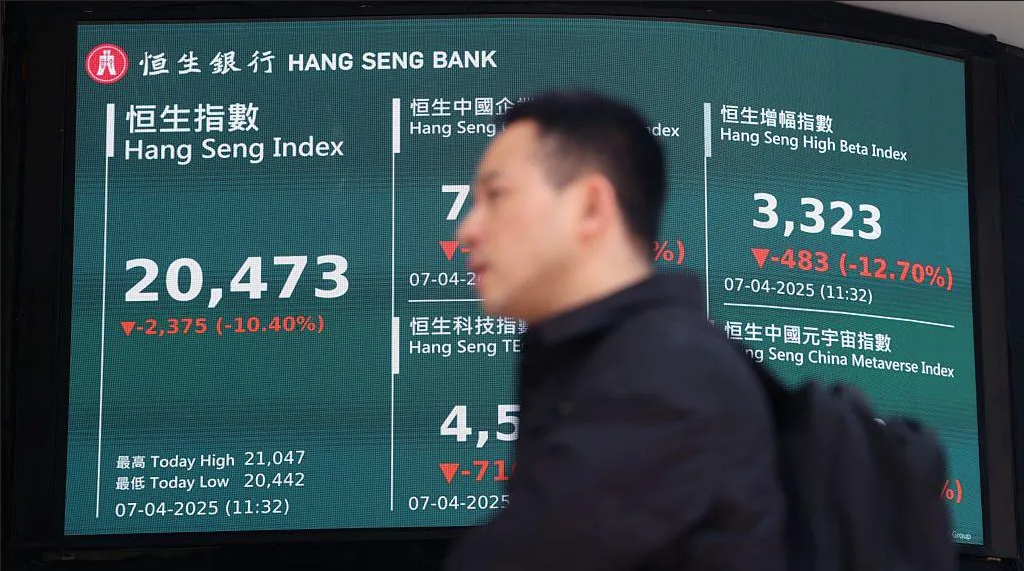Chinese-made dumplings which made 10 people sick in Japan were sabotaged, most probably in Japan, China’s security and quality watchdogs said yesterday.
No one has died from the poisoned food but the case has prompted frenetic media coverage in Japan following a series of health scares over Chinese products ranging from pet food and toys to toothpaste. “Chinese police have come to the conclusion that it was not a food safety incident caused by pesticide residues but a special case of sabotage,” Yu Xinmin, a senior official with the Ministry of Public Security, told a news conference.”After comprehensive, careful investigation and tests, we believe there is little chance that methamidophos (a pesticide) was put into dumplings in China,” said Yu, deputy director of the ministry’s criminal investigation bureau.Japanese police have said that it was highly unlikely that the sabotage happened in Japan, citing the fact that methamidophos was strictly banned there and the packages of some of the problematic dumplings remained intact.But Yu said Chinese tests showed that the pesticide could have seeped into the dumplings from outside the package, contrary to the results from similar tests by Japanese police, and suggested that the methamidophos could have been shipped into Japan from abroad.Police questioned 55 people at the Chinese producer in the northern province of Hebei who might have been able to taint the dumplings but they were all cleared of suspicion, Yu said.Japanese and Chinese investigators earlier said the plant was “very clean and well-managed”, finding no harmful chemicals in samples and no abnormal operations.Nampa-Reuters”Chinese police have come to the conclusion that it was not a food safety incident caused by pesticide residues but a special case of sabotage,” Yu Xinmin, a senior official with the Ministry of Public Security, told a news conference.”After comprehensive, careful investigation and tests, we believe there is little chance that methamidophos (a pesticide) was put into dumplings in China,” said Yu, deputy director of the ministry’s criminal investigation bureau.Japanese police have said that it was highly unlikely that the sabotage happened in Japan, citing the fact that methamidophos was strictly banned there and the packages of some of the problematic dumplings remained intact.But Yu said Chinese tests showed that the pesticide could have seeped into the dumplings from outside the package, contrary to the results from similar tests by Japanese police, and suggested that the methamidophos could have been shipped into Japan from abroad.Police questioned 55 people at the Chinese producer in the northern province of Hebei who might have been able to taint the dumplings but they were all cleared of suspicion, Yu said.Japanese and Chinese investigators earlier said the plant was “very clean and well-managed”, finding no harmful chemicals in samples and no abnormal operations.Nampa-Reuters
Stay informed with The Namibian – your source for credible journalism. Get in-depth reporting and opinions for
only N$85 a month. Invest in journalism, invest in democracy –
Subscribe Now!










